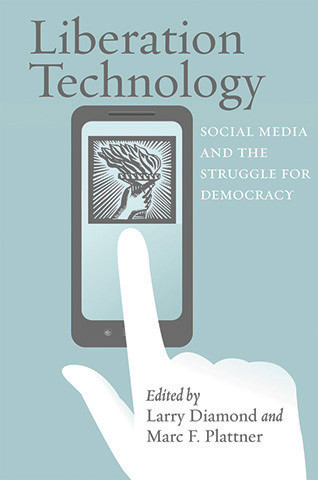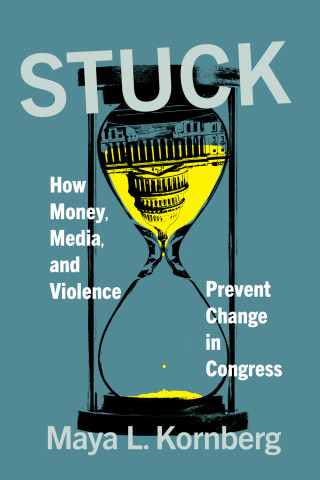
Reviews
This is an interesting, unusual book that breaks new ground, and is indeed a very enlightening, informative one.
Digital Politics in Western Democracies... is rich in detail, showcasing Vaccari's impressive knowledge of a wide variety of political contexts, and puncturing a number of conventional assumptions about how digital politics works... Vaccari's work is an impressive contribution to the literature on the internet and politics, which injects a much-needed comparative perspective into a body of work which has been overwhelmingly dominated by perspectives from Anglo-American academia... The work is recommended to anyone with an interest in how development in digital technology is driving changes in the political process.
Greatly advances our understanding of digital politics while engaging with wider debates in political science, as well as media and communications studies, through rigorous comparative analysis and engaging writing.
Book Details
Preface
Acknowledgments
1. Introduction
Part I: Theoretical Issues and Research Questions
2. Understanding Digital Politics in Western Democracies
3. Parties and the Internet
4. Citizens and the Internet
Par
Preface
Acknowledgments
1. Introduction
Part I: Theoretical Issues and Research Questions
2. Understanding Digital Politics in Western Democracies
3. Parties and the Internet
4. Citizens and the Internet
Part II: Parties and Digital Politics
5. Structure and Features of Political Websites
6. Disparities in Political Websites
7. Party Characteristics and Their Online Presence
8. What Drives the Online Presence of Parties and Candidates?
Part III: Citizens and Digital Politics
9. Online Political Information in Seven Countries
10. Socioeconomic Inequalities and Online Political Information
11. Political Attitudes and Online Information
12. Political Engagement, Mass Media Use, andOnline Information
13. Correlates of Online Political Information inSeven Democracies
14. Conclusion
Appendix
Notes
References
Index





